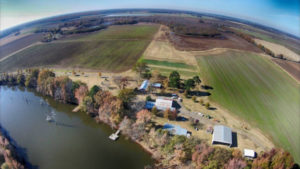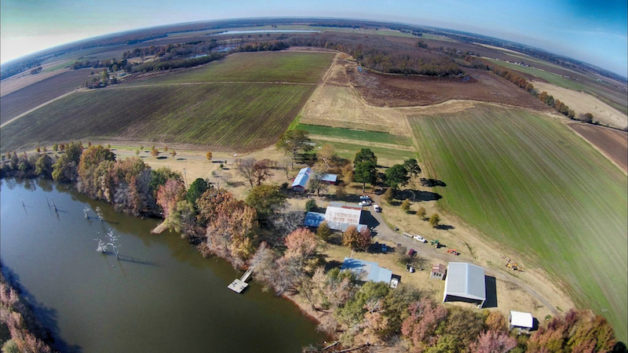 How will the farms of the future feed a projected 9.8 billion people by 2050? Berkeley Lab’s “smart farm” project marries microbiology and machine learning in an effort to reduce the need for chemical fertilizers and enhance soil carbon uptake, thus improving the long-term viability of the land while increasing crop yields.
How will the farms of the future feed a projected 9.8 billion people by 2050? Berkeley Lab’s “smart farm” project marries microbiology and machine learning in an effort to reduce the need for chemical fertilizers and enhance soil carbon uptake, thus improving the long-term viability of the land while increasing crop yields.
Environmental Genomics and Systems Biology Division’s Ben Brown and Haruko Wainwright of the Earth and Environmental Sciences Area are working with the University of Arkansas and Glennoe Farms on the “AR1K Smart Farm” project. This project brings together molecular biology, biogeochemistry, environmental sensing technologies, and machine learning in an effort to revolutionize agriculture and create sustainable farming practices that benefit both the environment and farms. Read the Berkeley Lab News Center feature story.




